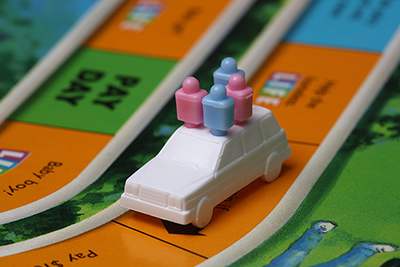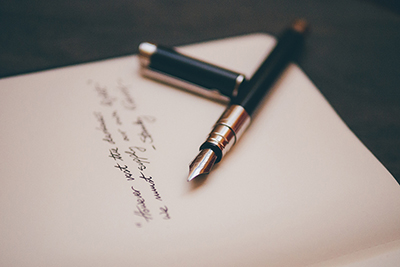You might be familiar by now how physical exercise is one of the main ways to keep a healthy brain. But as your care provider may have already emphasized, to recover successfully, you must take your rest seriously. It's the most critical part of your recovery.
Our knee walkers will still allow you to do almost all the activities you love. But you still need to put on hold some more intense activities like exercising and sports. You will have some extra time at home during your recovery process. But do not despair! This is an excellent opportunity to take the time to exercise an essential organ in your body—your brain!
So what does it mean to exercise the brain?
Brain exercises are certain kinds of activities that can be beneficial to boosting your mental agility—when practiced regularly. The beauty of these brain exercises that we will share below is that you can do them from the comfort of your own home.
Related Story: Knee Walker Success Stories
Brain Games
While brain games can be a little controversial, there's an equal amount of critics and advocates. The consensus seems to be that it can work for some, but not for others. But it doesn't hurt to try! It can be an entertaining way to exercise your problem-solving skills. You can start immediately by downloading apps for your phone or tablet. Lumosity and Elevate are the two most popular apps that provide gamified brain training activities.
Board Games

If you prefer some time away from your screens, board games are a great way to have friends over and bond over a fun and engaging group activity. Playing board games are a good way to stimulate memory, complex thought and focus.
Additionally, depending on the game you play, they can bring a lot of laughter and this helps relieve stress.
Read and Discover New Exciting Topics
Learning something new can cause the brain to build new pathways. A straightforward activity we recommend is to read about a topic that has always piqued your curiosity. This is an excellent opportunity to buy that book you've always wanted to read. Remember when Amazon only sold books? If you need some great book recommendations, check out their bestseller list.
Another great option is to learn a new skill. Some websites have online courses that teach a wide range of topics. The great thing about these courses is that its all via video. You can learn a new skill at a very cost-efficient price and without committing to a semester-long course. A great place we recommend to start is Skillshare.
Practice Your Handwriting

To quote a children's book author, "To write is human, to receive a letter: Devine!" As we gravitate more towards communicating digitally, handwriting and sending letters can have a lasting impact on both the sender and receiver. Mailing a friend or family member a letter shows them that you care.
There are many benefits to writing, among them: gaining mental clarity, having a positive outlook in life, strengthening relationships, and perhaps cultivate a little romance.
Meditation
If you are unfamiliar, meditation is a practice that encourages concentration to achieve mental clarity and mental wellbeing. Meditation has been proven to have many benefits to the brain. Among them are anxiety and stress relief and concentration and attention improvements. An excellent way for beginners to start is through guided meditation. We recommend you begin with an app called Headspace. They have easy and free lessons to get you started with.
Everyone's recovery journey is different. Remember, always follow your care practitioners' directions. We have to do our best to ensure a healthy and speedy recovery. Even better, with these tips that we've shared with you, you can also make the process a very productive one. When you return from your recovery, you will come as a better version of yourself.



